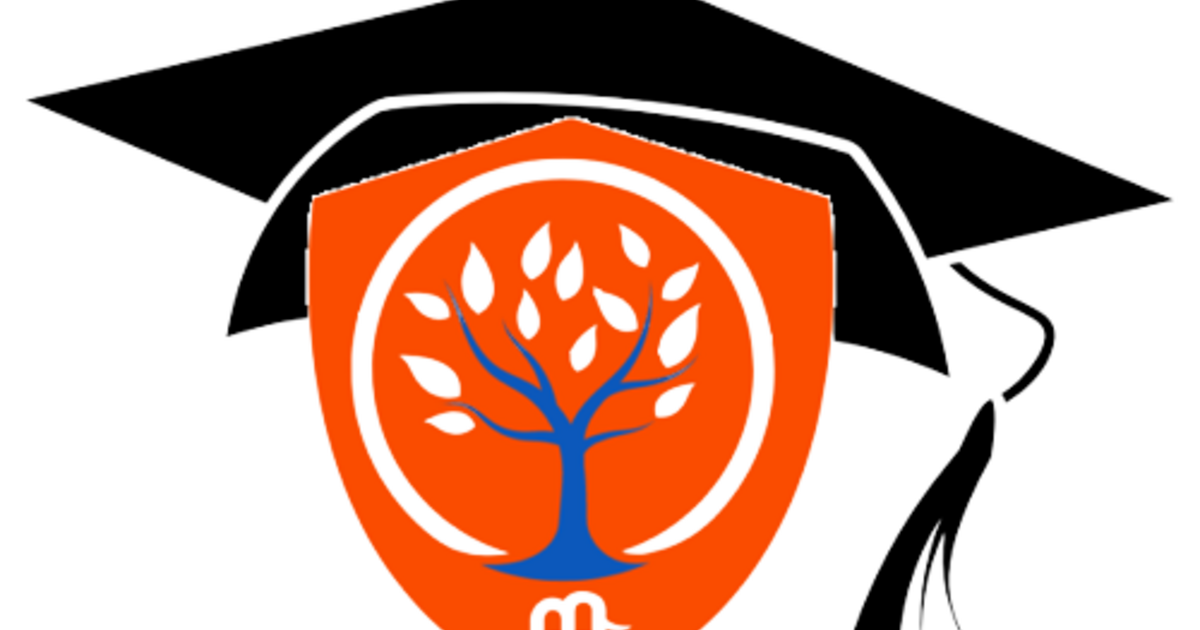Recent searches
Search options
#academicmastodon
A #SciComm toolkit for scientists: How to prepare for #media interviews, how to share your #research on #SocialMedia, how to handle harassment, and more.
Aimed at climate researchers, but relevant to any communicating scientist:
www.rmets.org/sites/defaul...
I'll be honest, I don't intend to submit academic papers to US-based journals and conferences anymore.
1. Self-censorship of science at US universities and scientific organizations is in full swing and I see virtually no institutional resistance (although some individual scholars are protesting). I don't expect to get a fair hearing with human rights-oriented empirical legal research in peer review any longer.
2. The way this is going I would expect even currently neutral journals to fold within the usual timeframe of a paper review process. I don't feel like burning a paper in the hopes of getting it published before the door closes.
3. I prefer to submit my research to journals backed by institutions that support human dignity, diversity and the freedom of scientific research.
We've all seen where this went in Europe during the 1930s. I hope the US will learn from our history, but I am not optimistic right now.
Wer offene Videos aus dem wiss. Kontext veröffentlichen und mehr zum @TIB_AVPortal erfahren mag, kann sich ganz einfach ein individuelles Onlinetreffen
mit dem Experten Matti
buchen: https://www.tib.eu/de/lernen-arbeiten/tibgefragt/audiovisuelle-medien-publizieren#book-me-now
Okay, I feel like I just unlocked a new level of academia?
I was reading a paper, and came across an interesting claim, so I checked the bibliography for the cited work, so I could read it.
Dear reader, the cited work was my own paper
Guess the good news is that now I'll have one less paper to put on my "to read" list.
Last week, I presented the work I did with prof. Kuldeep Meel and prof. Arunabha Sen at IJCAI 2023.
We showed the benefits of reducing a problem to a computationally harder problem (yes, you read that right!), by demonstrating how it allows us to solve much larger problem instances.
It was so much fun to finally share this work with so many fantastic researchers at IJCAI! Thank you to all organisers for making this conference possible. I'm also super grateful to the reviewers who gave us great feedback!
Please find our paper, slides, poster, a short video, and our open source tool, gismo, here: www.annalatour.nl/publication/2023-08-01-Solving-the-Identifying-Code-Set-Problem-with-Grouped-Independent-Support
Teaching Experts Are Worried About ChatGPT, but Not for the Reasons You Think https://www.chronicle.com/article/ai-and-the-future-of-undergraduate-writing
8 Ways to Improve the Quality and Effectiveness of College Teaching https://www.insidehighered.com/blogs/higher-ed-gamma/8-ways-improve-quality-and-effectiveness-college-teaching
Hi everyone,
My name in Anna, and I'm a research fellow in #ArtificialIntelligence. I'm mostly interested in Boolean satisfiability and counting.
I'm a nerd, a feminist and a traveller, not always in that order.
I'm an expat who misses her friends and family, and recently moved in with a dog and a cat.
In my spare time, I like #hiking, #geocaching, #knitting, #reading, #cooking and #baking.
Hey #EduTooters, do/did you use Goodreads to track your reading? If so, you might want to check out #Bookwyrm. A few of us just created accounts and it seems pretty nice. The nicest thing is that it's #ActivityPub compatible, which means that you can follow your feed from #Mastodon or anywhere else on the #Fediverse.




